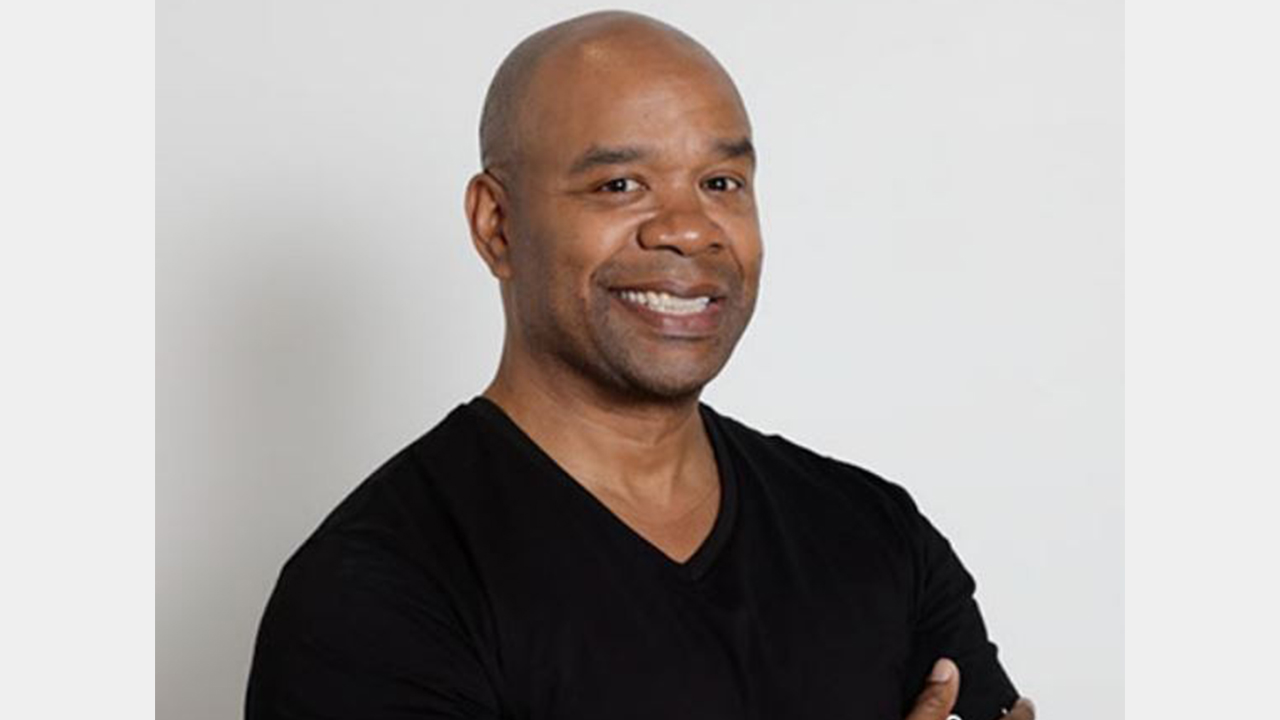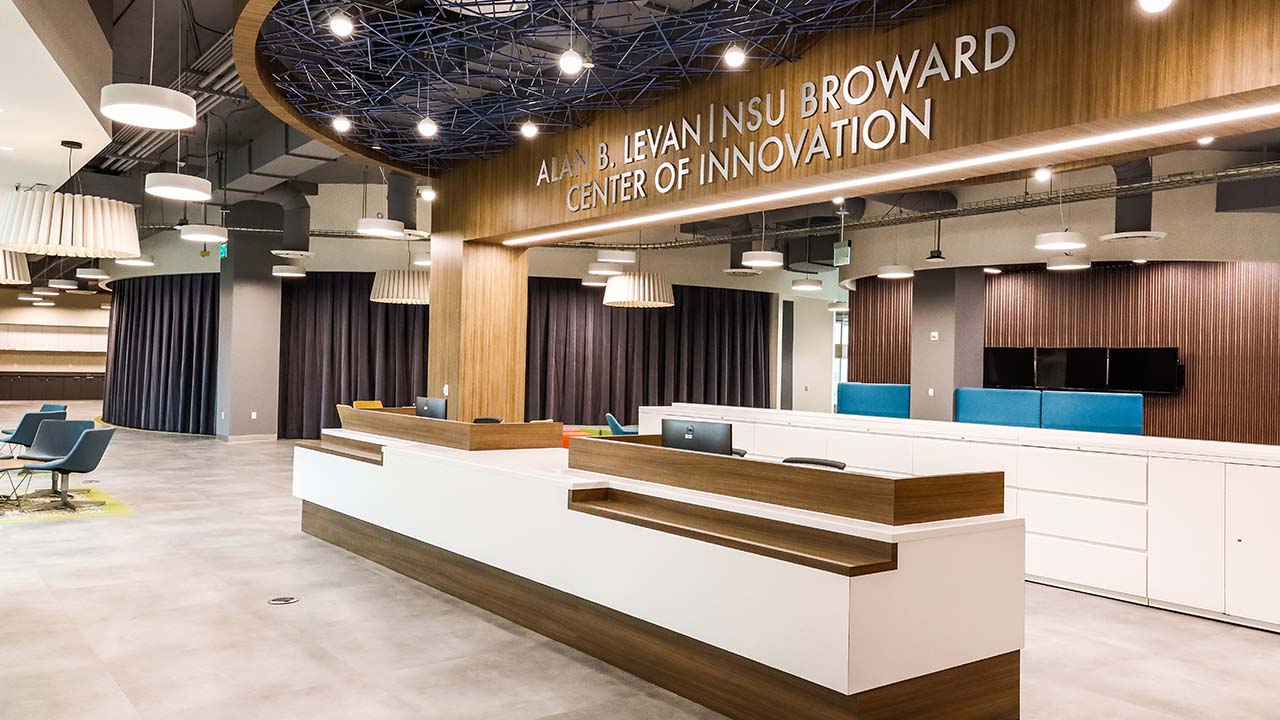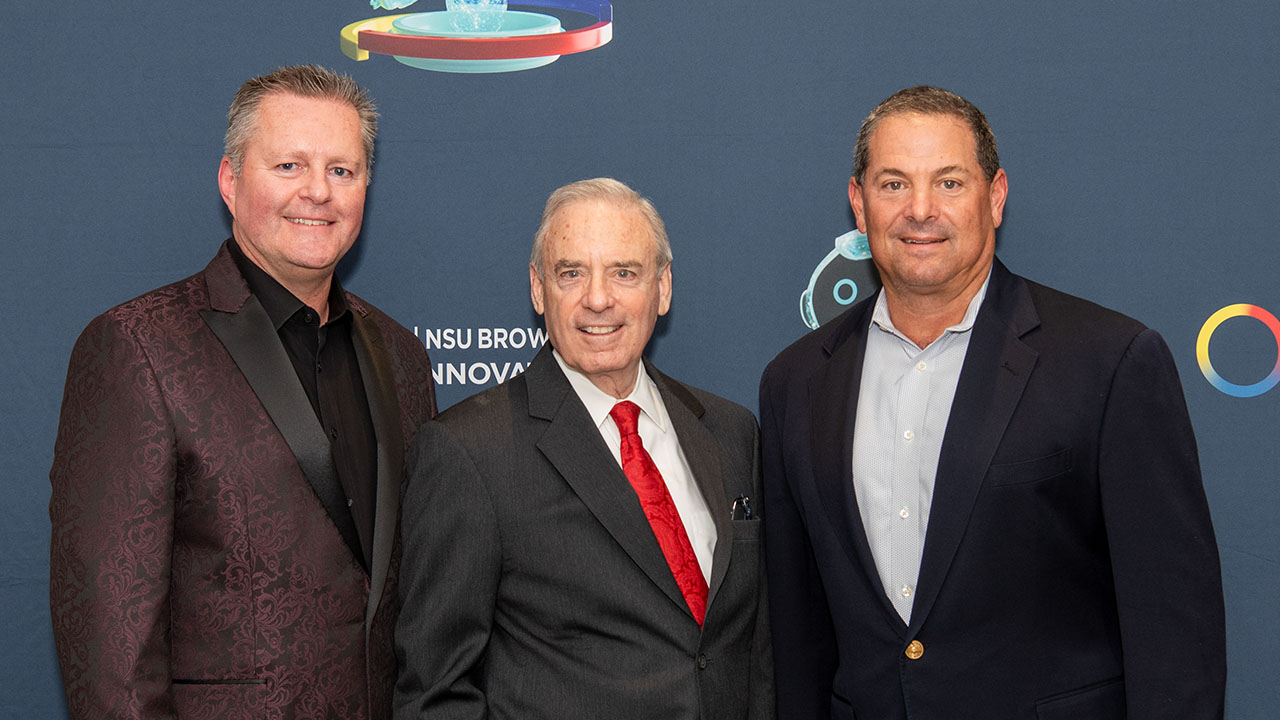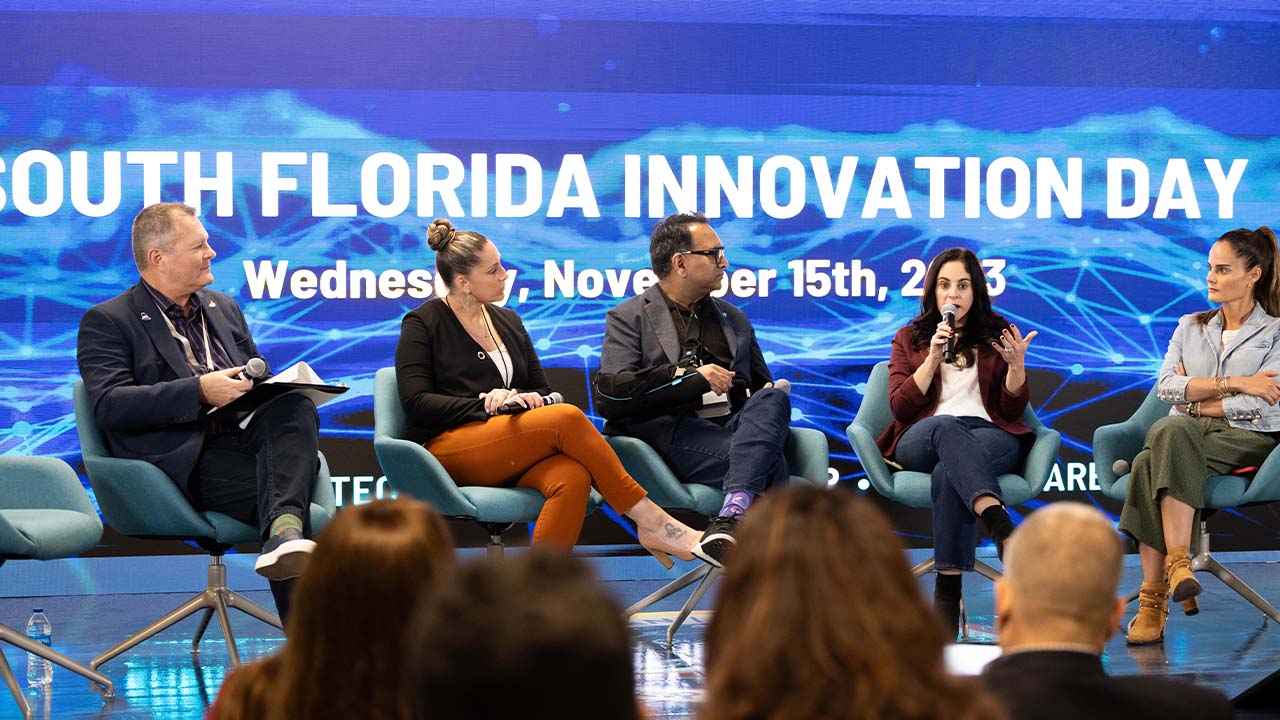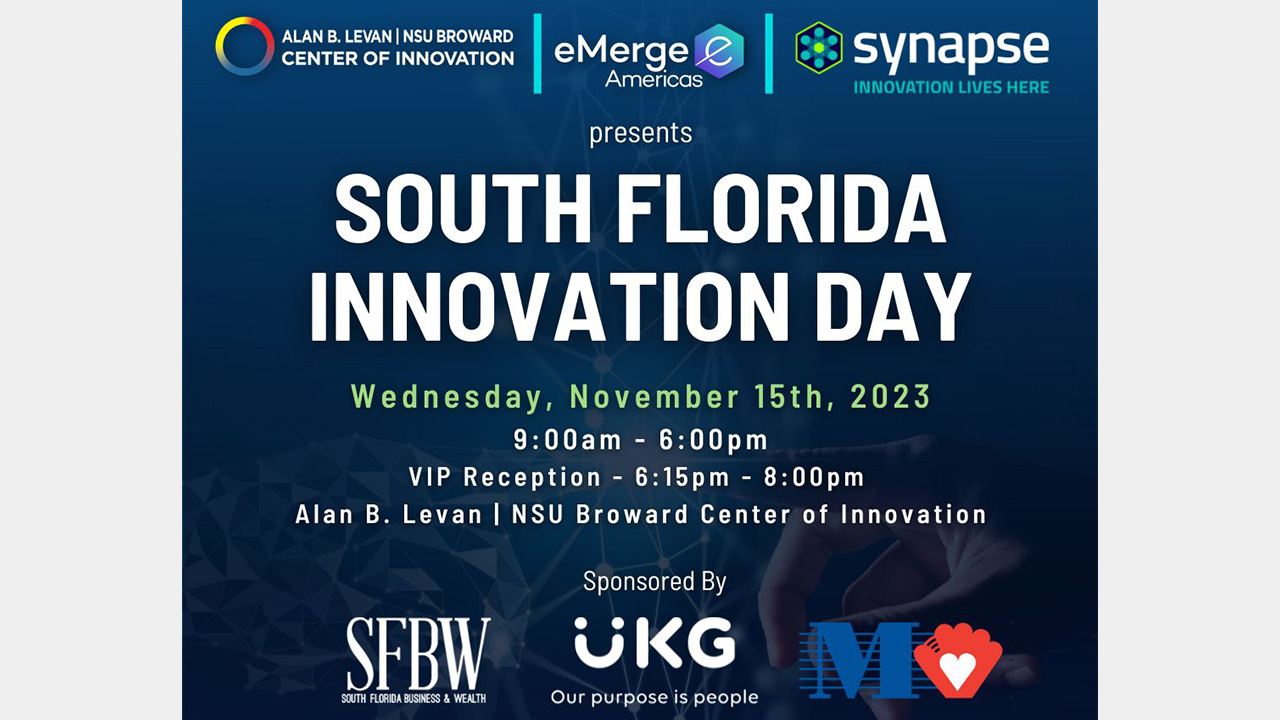The millennial generation, which I’ll define as those ages 18 to 34, is having an increased impact on business technology. Born into the age of the PC and early Internet, this demographic is more proficient and demanding of apps, devices and IT services than earlier generations.
In the past, progressive IT organizations would consider this group as a category to accommodate, making the company appealing to college recruits and new hires. More recently, however, this generation is now mainstream and has more influence in driving IT strategy. Its members now include partners at large firms, doctors that never used paper charts and executives making purchasing decisions.
The IT strategies to consider that not only accommodate, but prioritize for millennials include:
BYOD: The Bring You Own Device strategy was originally championed by Citrix and is now a consideration of every IT organization. Don’t think a millennial knowledge worker will be satisfied with a clunky locked-down laptop or a smartphone on which they cannot install their own apps.
This does not mean anything goes with no control. It is possible for IT to provide virtual desktops such as XenDesktop for safe access to information from personal PCs, Macs and tablets. For smartphones, mobile application management (MAM) software such as XenMobile can manage the apps and data on personal smartphones; if a device is lost or an employee leaves, only the company data is wiped and not the personal photos, etc.
Work from Anywhere: Millennials want the option to work from anywhere, whether that is the coffee shop, home or on a trip. This does not necessarily mean a dedicated remote workforce, but it does mean providing flexible work schedules, including working outside the office. This could mean once a week, or on occasion, like when kids are sick or there are contractors at home. Again, the right IT tools need to be provided so that all the required apps and data are available, but business security is not compromised from the potential for data loss.
User Experience: “Take what you’re given and live with it” is no longer an acceptable IT mandate to employees. Millennials have a low tolerance for a bad user experience. If IT only provides apps and services that meet the security requirements but ignores the user experience, chances are, employees will find a way around IT. Also know as “shadow IT,” this happens when IT does not provide safe apps and services with a good user experience.
A classic example is employees using personal Dropbox accounts for saving and sharing company documents. Alternatively, a service like ShareFile can provide employees the function and user experience they want, yet allow IT to keep the control they need to protect the company’s intellectual property.
Workplace of the Future: A drab office with a sea of cubicles is not a compelling environment for millennials – nor anyone else. Progressive organizations are building new digital workplaces that have lots of collaboration spaces and architectural personality. They are also using beacons and IoT (Internet of Things) to make the office smart and more productive. When combined with work-from-anywhere capabilities and unassigned offices and cubicles, many organizations are saving millions in real estate costs by increasing occupancy and density per square foot. Conventionally shrinking space can be a turnoff, but a new cool office can make it fun to come to work and help recruit and maintain the best talent. ?
Chris Fleck is on the board of the South Florida Technology Alliance and is vice president of emerging solutions for Citrix Systems (NASDAQ: CTXS), a Fort Lauderdale company that provides secure remote access to data and applications.




